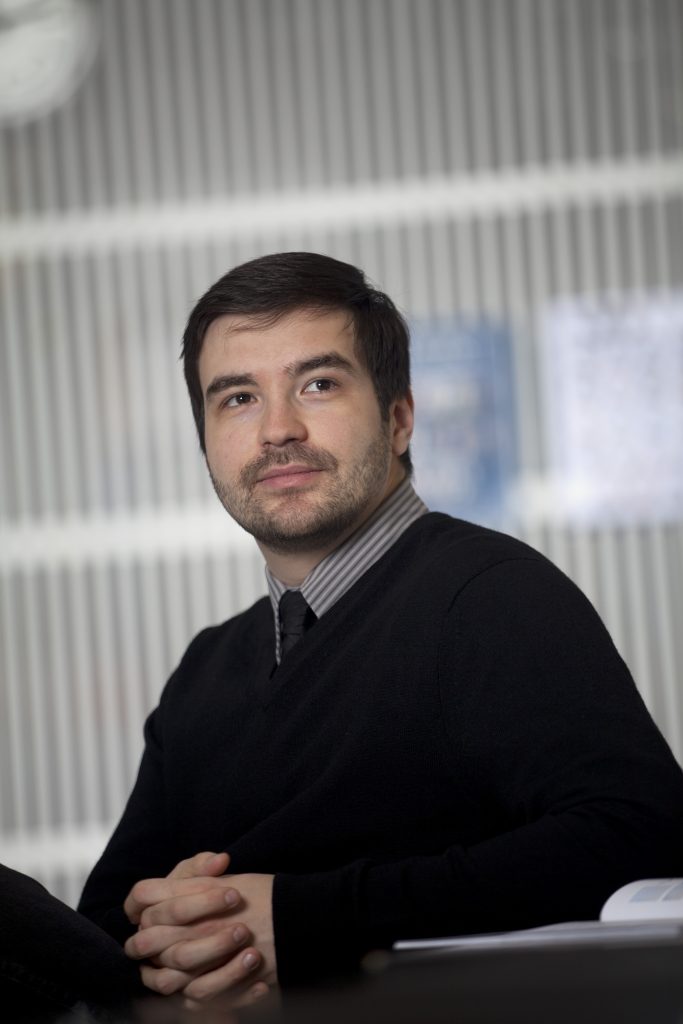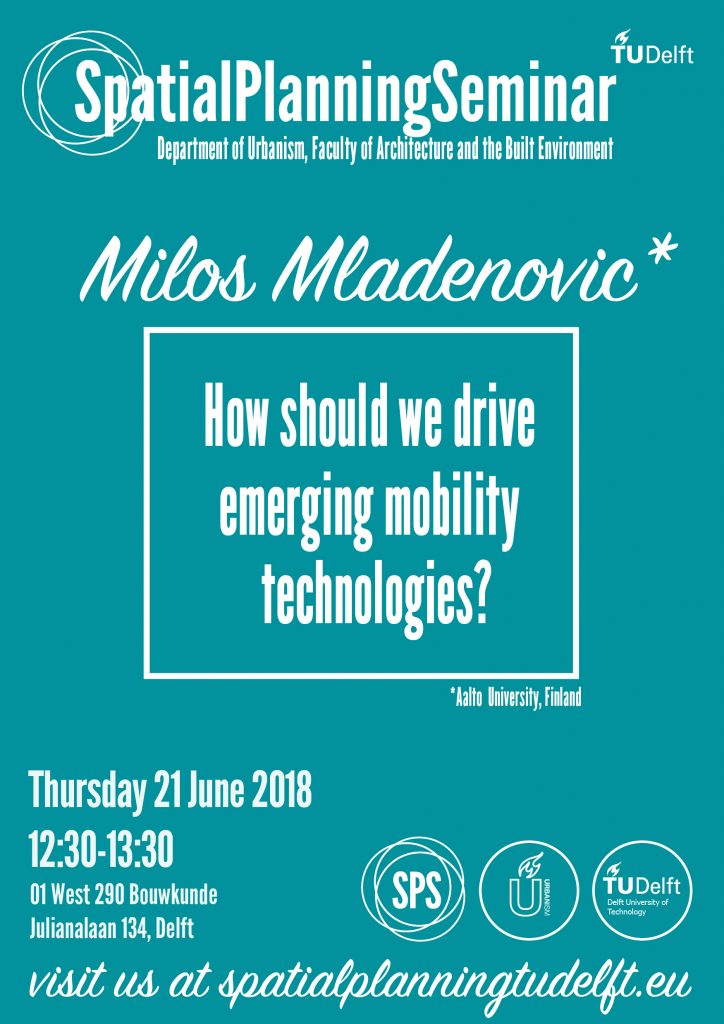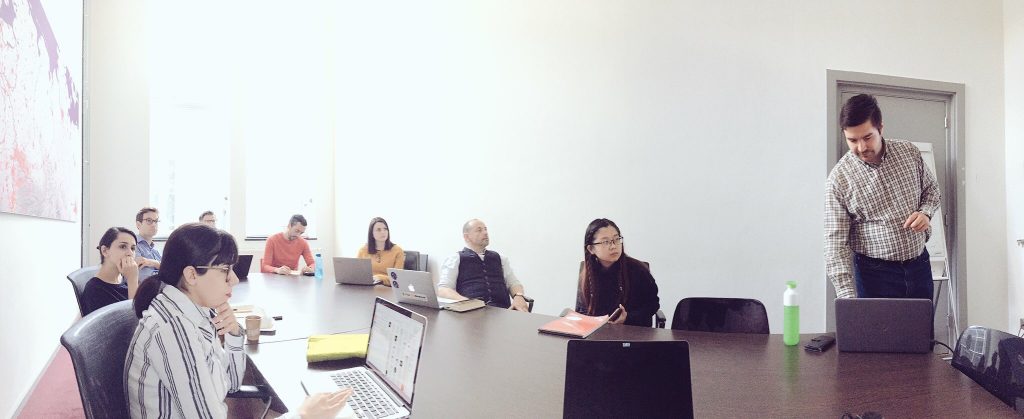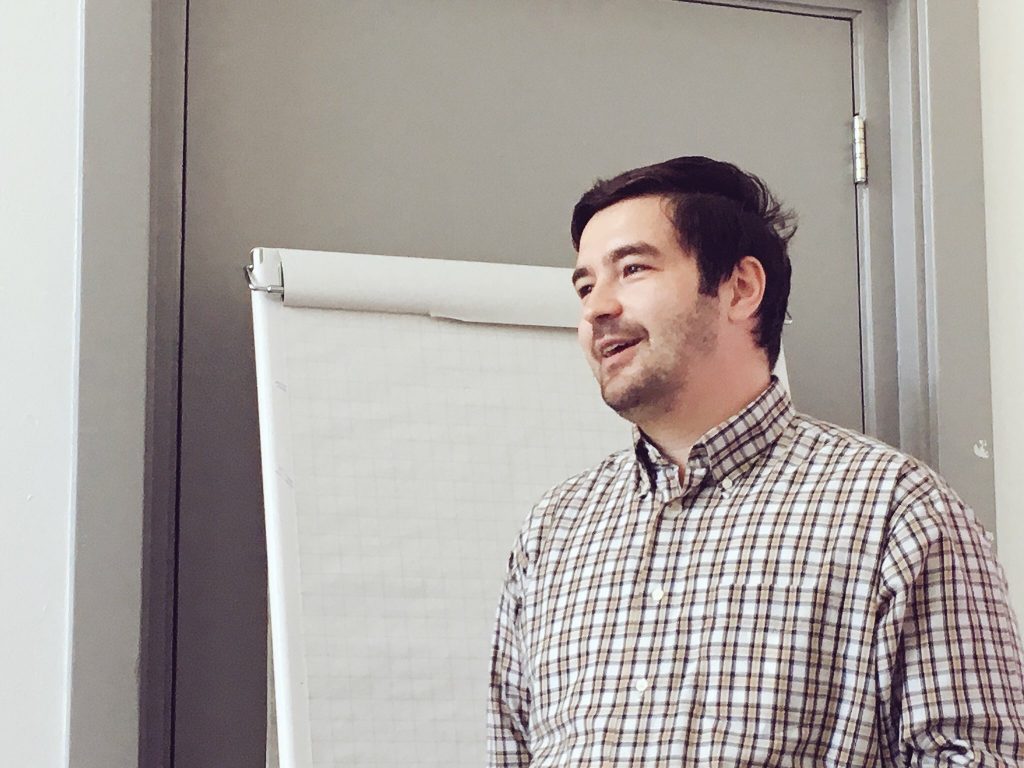Speaker: Milos Mladenovic
Topic: How should we drive emerging mobility technologies? – Anticipation and collective imagination in governing of mobility futures
 Milos Mladenovic, (Ph.D., civil engineering) is an assistant professor of transport systems planning at Aalto University, Department of Built Environment, Finland. He has received his Ph.D. from the Department of Civil and Environmental Engineering at Virginia Tech in 2014. In addition, he has obtained a renowned Engineering Education and Future Professoriate graduate certificates from Virginia Tech, accompanying his interest in higher education. He is specialized in socially-sustainable transport systems planning, and has recently published articles on the ethical development of self-driving vehicle technology and policy implications from transport technologies. He is currently active in two Academy of Finland and one Climate KIC project, with previous activity in projects funded by National Science Foundation and Federal Highway Administration.
Milos Mladenovic, (Ph.D., civil engineering) is an assistant professor of transport systems planning at Aalto University, Department of Built Environment, Finland. He has received his Ph.D. from the Department of Civil and Environmental Engineering at Virginia Tech in 2014. In addition, he has obtained a renowned Engineering Education and Future Professoriate graduate certificates from Virginia Tech, accompanying his interest in higher education. He is specialized in socially-sustainable transport systems planning, and has recently published articles on the ethical development of self-driving vehicle technology and policy implications from transport technologies. He is currently active in two Academy of Finland and one Climate KIC project, with previous activity in projects funded by National Science Foundation and Federal Highway Administration.
https://research.aalto.fi/portal/milos.mladenovic.html
Abstract:
Currently in the foundational stage, different emerging mobility technologies bring about significant uncertainties, thus indicating a societally-wide disruption. In this context, one cannot disentangle envisioning futures from questions of (re)distribution of societal benefits and burdens. Contrastingly, the need for strategies to cope with this disruption has recently been recognized through several governance and planning efforts. Despite their fruitfulness, lack of an elaborated understanding of technology as a socio-technical phenomenon remains an underlying challenge. On the contrary, reclaiming technological futures as plannable space requires understanding that human ends are not well-defined and static and that technology does not have an unstoppable, and thus unquestionable, momentum. At the central point of contention, lies an argument for replacing the language of unintended with the language of unanticipated consequences. Furthermore, we have to recognize the threat of anticipation inequality if we solely rely on expert-based practices. For supporting divergent envisioning efforts, a phase of participatory expansion of the technological horizons for (un)desirable futures is proposed. To this end, an example from an online discussion platform for reflective engagement about mobility futures is provided, focused on a neighborhood in the Helsinki Capital Region. Finally, a conclusive reflection points towards a range of challenges for inter-organizational learning in coping with contingencies.



